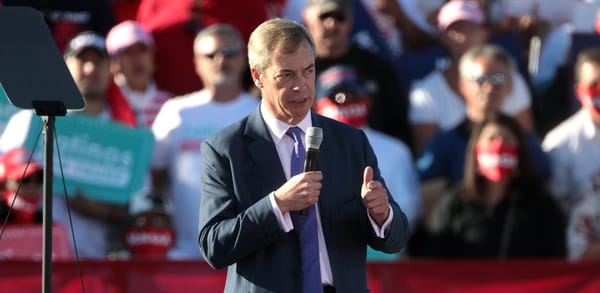
Populism
— Populist parties have surged across Europe, fuelled by dissatisfaction, distrust, and economic inequality post-2008 financial and 2015 migration crises. Restoring political trust could counter this trend.


Populism
— Populist parties have surged across Europe, fuelled by dissatisfaction, distrust, and economic inequality post-2008 financial and 2015 migration crises. Restoring political trust could counter this trend.
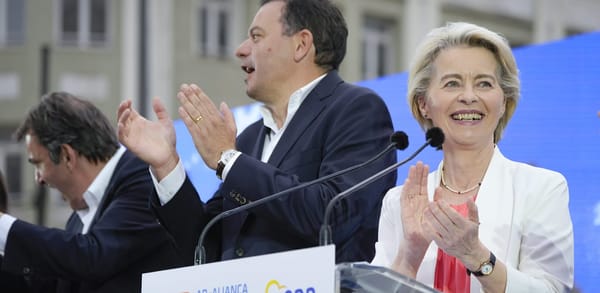
2024 European Elections
— The European parliamentary election highlighted a fragile centre amid a rightward shift, with significant far-right gains in France, Germany, and Italy. The EPP retained centre-ground dominance, but far-right successes may influence future EU policies.
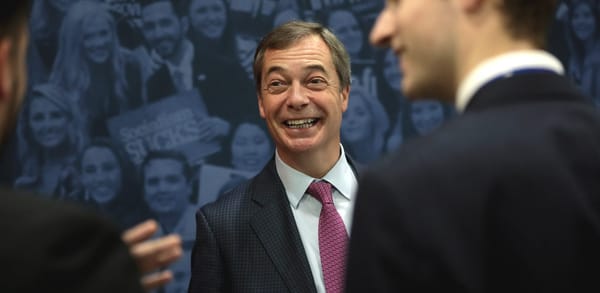
Climate Change
— A controversial right-wing conference in Brussels, sponsored by a Hungarian think tank funded by fossil fuels, faced shutdown by police due to safety concerns. The event included prominent climate change sceptics and right-wing politicians, including Nigel Farage and Suella Braverman.

European Union
— The European Parliament has passed the Pact on Migration and Asylum after almost ten years of impasse since the 2015 crisis. It aims to distribute responsibilities across EU states, offering nations options to host migrants or pay, amidst ongoing debates about refugees’ rights.
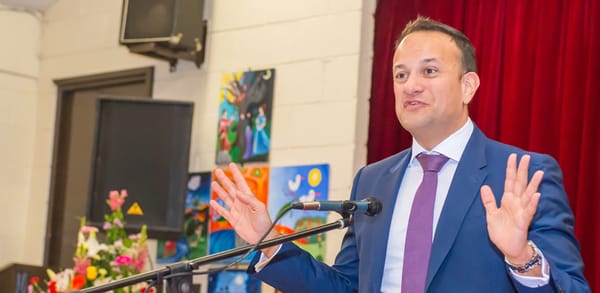
Irish Politics
— Leo Varadkar unexpectedly resigned as Ireland’s Taoiseach, citing both personal and political reasons, leaving his party, Fine Gael, puzzled. Despite his achievements, recent electoral setbacks and internal party unrest prompted his departure, possibly paving the way for a new European role.
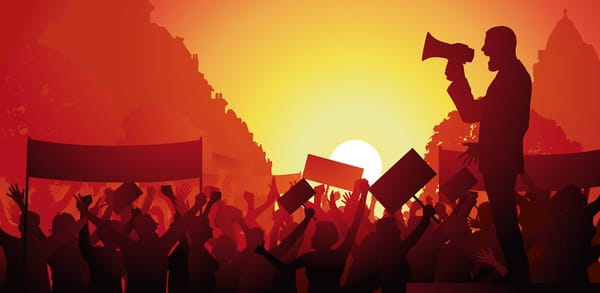
Populism
— Right-wing populists thrive by simplifying messages in a noisy information landscape. Communication theory elucidates how misinformation polarises society, favouring certainty over complexity, especially on the political right.
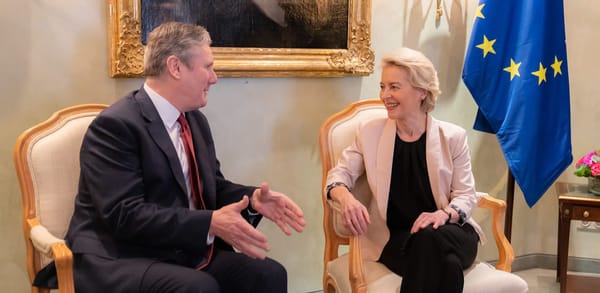
UK Politics
— Keir Starmer, if he becomes prime minister, faces global populism amid elections favouring anti-establishment figures around the world. Navigating instability, he must defend NATO and counter divisive forces in a changing political climate.

European Politics
— Around two-thirds of Europeans feel nostalgic, and recent studies suggest that these feelings can influence political views. Parties in central and eastern Europe, particularly nationalist ones, are more likely to use nostalgic rhetoric in their manifestos.
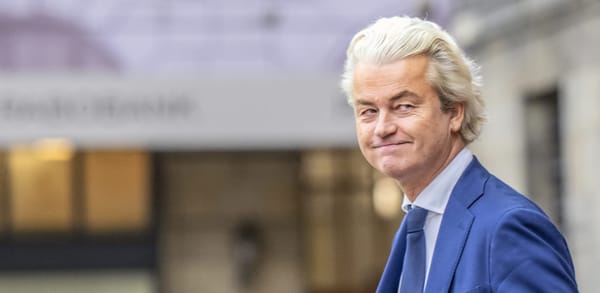
Far-Right
— Geert Wilders’ Party for Freedom’s victory in the Dutch election marks a historic shift with the extreme right becoming the largest party. Potential coalition talks may impact the Netherlands’ EU stance, echoing the complexities seen in Italy’s recent political landscape.
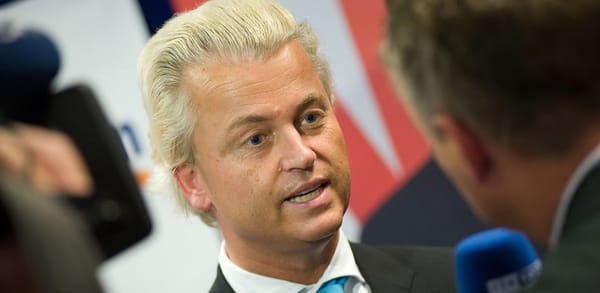
Extremism
— We cannot pretend to stand against the far-right while referring to its politics as “legitimate concerns”. We must stand unequivocally by and be in service of every one of the communities at the sharp end of oppression.
|
|